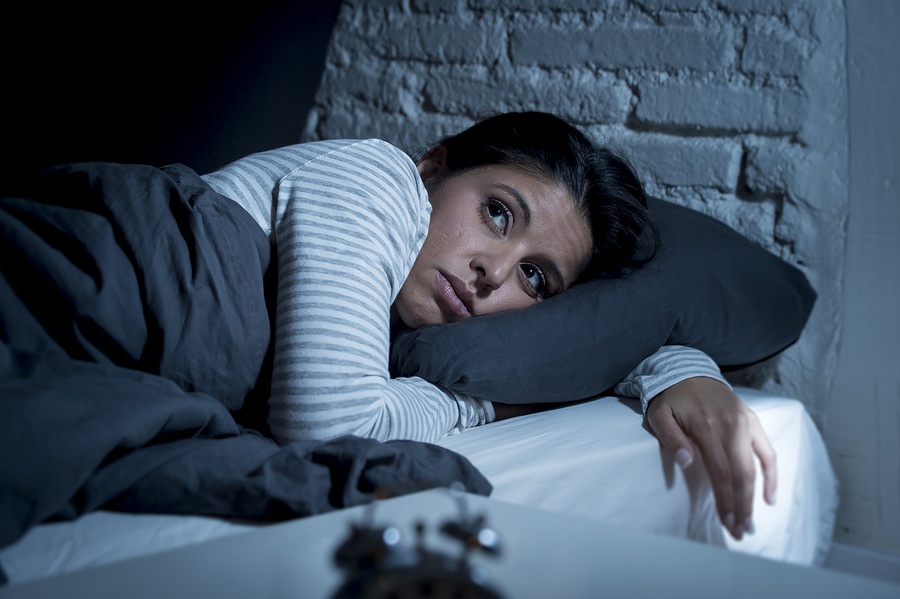News
The Connection between Sleep Apnea and Mental Health
Sleep plays an incredibly important role in both your mental and physical health overall. It is generally recommended by experts that you get 8-10 hours of sleep per night but if you are suffering from an untreated mental health disorder, you may find yourself experiencing numerous bouts of insomnia and get considerably less sleep at night.
It can be even worse if you suffer from sleep apnea. Many studies have shown that there is a very strong connection between sleep apnea and your mental health.
How sleep apnea affects your mental health
Those who suffer from Obstructive Sleep Apnea (OSA) have been known to experience insomnia which leads to mood swings, fatigue, poor concentration and irritability throughout the day. If you have multiple episodes of OSA that are left untreated, this can deprive your brain of oxygen, which can lead to many serious mental health conditions such as depression, anxiety, psychological distress and suicidal thoughts.
What is even more alarming is that the symptoms for sleep apnea and many mental illnesses are very much the same. This is why it is extremely important to seek help with any symptoms you may have for mental illnesses. Leaving either sleep apnea or any mental illnesses untreated can lead to some serious effects on your health in the long term.
How to improve your mental health if you have sleep apnea
- Avoid using technology before bedtime.
- Try not to nap during the day (if you absolutely must nap, keep it short so you can still stick to your proper bedtime routine. Set a timer if you need to)
- Avoid caffeine or other stimulants close to bedtime (including alcohol).
- Maintain the same bedtime routine every night.
- If you use a CPAP machine at night, don’t skip your treatment, even for one night!
If you are experiencing any mental health distress, please do not hesitate to speak to your doctor to get the proper help.



